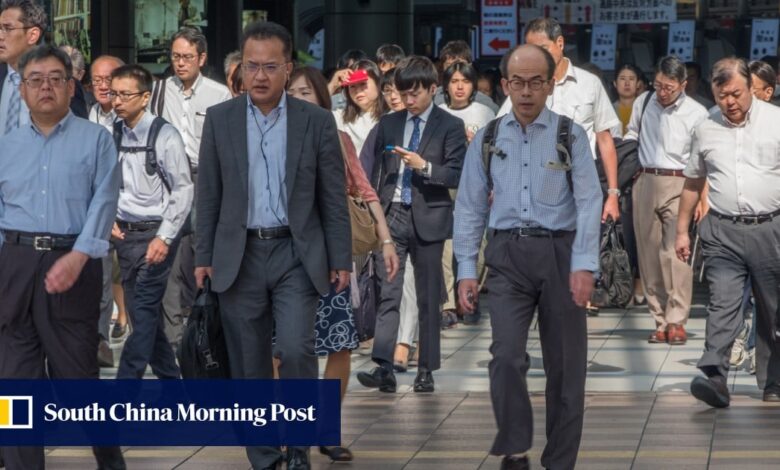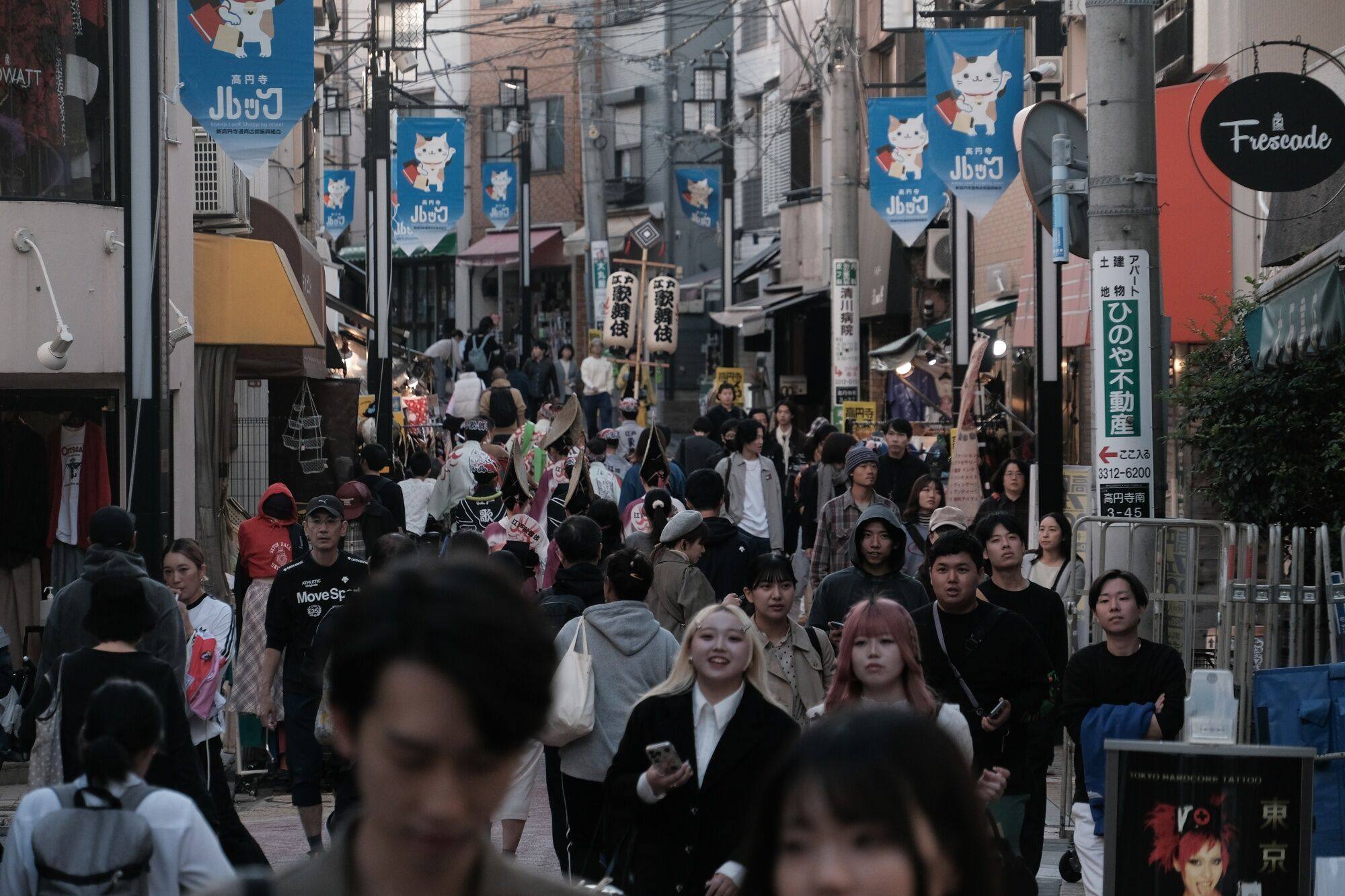Can Japan overhaul its unforgiving office culture as more workers die from overwork?

The overwhelming sensation that Kei Sato felt as his stretcher was being lifted into the ambulance was simply relief. After effectively doing the work of three people for more than a year at the Japanese company where he is employed, his mind and body had finally rebelled, he said.
“I remember it well,” Sato recalled. “I had just finished a presentation and I suddenly felt very ill. I had suffered from kidney stones previously, and I initially thought it was just a recurrence of that problem, but it quickly got worse, so I called an ambulance.”
He required immediate surgery on his kidneys and was told that he would be hospitalised for at least 10 days.
“I have absolutely no doubt that my condition was brought on by the stresses of my job,” Sato said, requesting his real name not be used as he remains with the company. “I had been given too many responsibilities by my superiors and I had no support staff to assist me, and it was a nightmare.”
Hybrid work brings a ‘fundamental shift’ to offices from Singapore to Australia
Hybrid work brings a ‘fundamental shift’ to offices from Singapore to Australia
Sato said he was regularly in the office before 8am and often did not leave until 11pm.
A total of 2,968 people in Japan died from suicides blamed on karoshi last year, up from 1,935 in 2021.
The health ministry’s white paper links karoshi to the number of working hours, with 10.1 per cent of men working at least 60 hours a week and 4.2 per cent of women exceeding 60 hours each week.
Karoshi can be brought on by ill health, with 803 people applying for compensation from the government last year for brain or heart diseases brought on by work stress. That figure was up from 753 cases in 2021, from a peak of 938 since 2000.

But critics say these cases reported to the health authorities are likely to be a fraction of the true number, and are more concerned about the sudden spike in suicides last year, reversing a decade of decline in the number of people taking their own lives as a result of work pressure.
The workload is particularly hard on men in their 40s and women in their 20s. Some 13.2 per cent of men in their 40s and 4.9 per cent of women in their 20s work at least 60 hours a week.
Figures are higher among the self-employed, with 15.4 per cent of self-employed men and 7.8 per cent of women working at least 60 hours.
The study also found a correlation between the number of hours worked and depression, with 26.8 per cent of the men and women who worked more than 60 hours a week believing they were suffering from some form of depression or anxiety.
Why do Singapore, Tokyo and Kuala Lumpur work so hard?
Why do Singapore, Tokyo and Kuala Lumpur work so hard?
Bill Cleary, clinical director of the Tokyo-based TELL Lifeline counselling, admits to feeling a degree of “helplessness” about a situation that politicians, companies and individuals have known is a serious problem since the mid-1980s but have yet to implement effective solutions.
“My sense is that a lot of this does hinge on the pandemic, when people became socially isolated and were less likely to cement friendships and relationships,” he said.
“It is very clear from numerous studies that social interactions reduce a range of complaints, from high-blood pressure to heart disease, and if we are isolated at the same time as our workloads are ramped up, then it is understandable that we see a greater number of karoshi cases,” he added.
The impact of the pandemic came on top of Japan’s unforgiving attitudes towards work, he added. Clients have told Cleary their loyalty was primarily to their company and the family only comes second, he said.

Makoto Watanabe, a professor of media and communications at Hokkaido Bunkyo University in Eniwa, says there have been too few changes in Japanese workplaces and that many firms are stuck in the “bubble era” of the 1980s.
“I am from the ‘ice-age generation’, the people who started looking for jobs in the early 1980s, just after the economic bubble had burst and things were bleak,” he said.
“Our superiors in our new jobs had enjoyed the rapid economic growth of the 1970s and 1980s, and didn’t want to change anything,” he said. “But salaries were stagnating and there were fewer people to do the work, so everyone had to work harder and longer.”
More than 30 years on from the bursting of the bubble in the early 1980s, Cleary believes Japanese workers need to rediscover their balance and preserve their mental health.
“My message would be for people to look inside themselves so they can decide the things that are within their control,” he said.
Step away from all the bad news that is on social media, he suggested, get regular exercise, sleep well and talk to friends and family.
“We have to change things to have hope because without that it can look a bit desperate,” he said.


